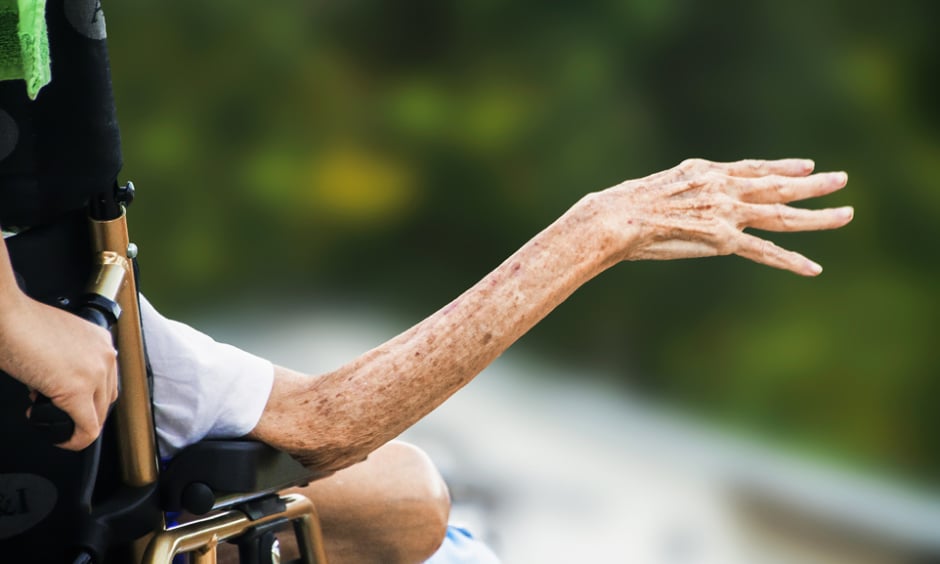MUSCULAR function decline in old age may be caused by the high prevalence of mutations in the stem cells of muscles, according to researchers from the Karolinska Institutet, Solna, Sweden. The discovery that these accumulating mutations impair cell regeneration could lead to the future development of treatments that build stronger muscles, even in elderly people.
Accumulate with Age
In this collaborative study by a number of universities throughout Sweden, the team found that mutations in muscle stem cells accumulate over time, meaning elderly people have a particularly high number. Additionally, it was observed that the protection of certain regions vital for the function or survival of cells from mutations that take place during natural cell division diminishes with age, providing a potential target for drug development. There was very little overlap of mutations, displaying a complex mutational burden.
“Influence with Drugs”
“What is most surprising is the high number of mutations. We have seen how a healthy 70-year-old has accumulated more than 1,000 mutations in each stem cell in the muscle, and that these mutations are not random but there are certain regions that are better protected,” explained Prof Maria Eriksson, Karolinska Institutet. “We can demonstrate that this protection diminishes the older you become, indicating an impairment in the cell’s capacity to repair their DNA. And this is something we should be able to influence with new drugs.”
Next Stage
The next stage for the researchers is to understand whether physical exercise from a young age helps clear out cells with a lot of mutations, or if this actually generates a higher number. This could lead to the creation of specific exercise programmes aimed at preventing muscular function decline.
Novel Methods
Novel techniques were used to conduct the research in skeletal muscle for the first time, with single stem cells cultivated to provide enough DNA for whole genome sequencing.
James Coker, Reporter
For the source and further information about the study, click here.








